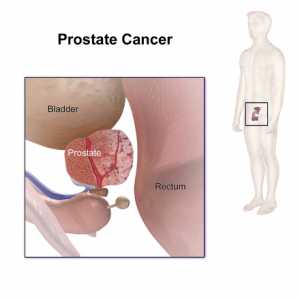Annals Internal Medicine, Author Interviews, Gender Differences, UCLA / 25.04.2024
UCLA Study Finds Patients Treated By Female Physicians Have Better Outcomes and Fewer Readmissions
MedicalResearch.com Interview with:
Yusuke Tsugawa, MD, PhD
Associate Professor of Medicine & Health Policy and Management, UCLA
Director of Data Core, UCLA Department of Medicine Statistics Core
Division of General Internal Medicine and Health Services Research
David Geffen School of Medicine at UCLA
Los Angeles, CA 90024
MedicalResearch.com: What is the background for this study?
Response: Prior studies have found that female and male physicians practice medicine differently. For example, female physicians are, on average, more likely to abide by clinical guidelines and spend more time listening to patients. However, evidence was limited as to whether such differences have clinically meaningful impact on patients’ health outcomes, which was the aim of this study.
(more…)
















